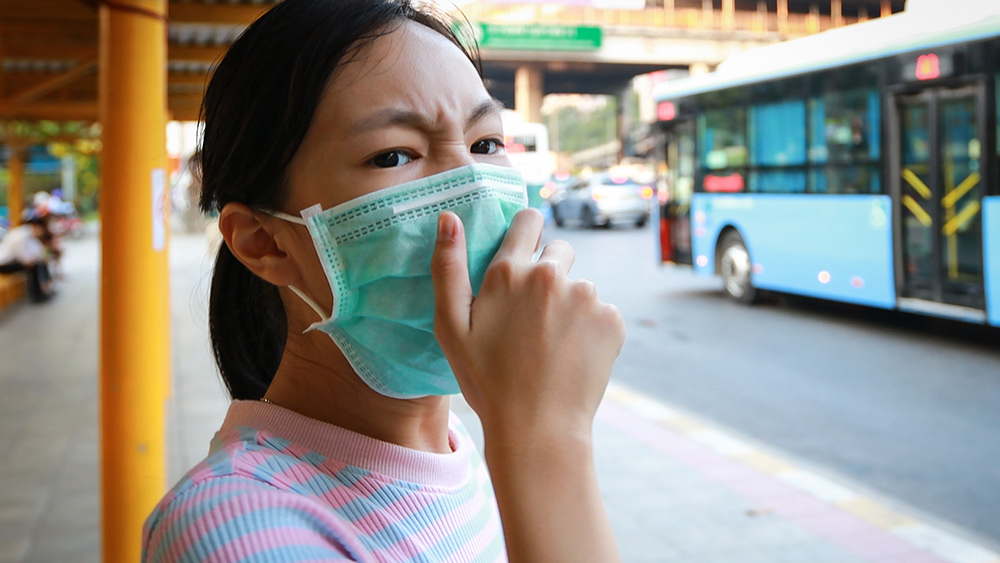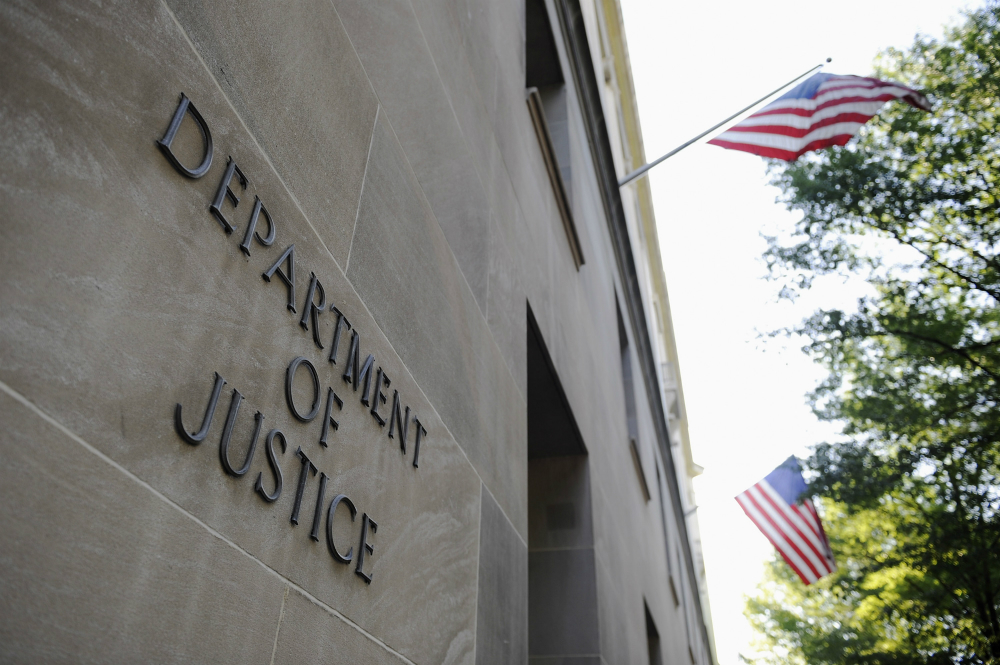
https://twitter.com/AFP/status/1254719438320029696
Dismal living conditions for Singapore's migrant workforce make them more vulnerable
Singapore's quick response to the coronavirus outbreak was initially lauded. However, the sudden uptick of new COVID-19 cases sheds light on the nation's treatment of its foreign workforce. Singapore has around 323,000 migrant workers, mostly from South Asian countries like India and Bangladesh, with majority of them working in the construction, shipping, manufacturing, landscaping and cleaning industries.
Singapore's health system also includes a large team of contact tracers who chase down the close contacts of each person who has been diagnosed with COVID-19. Data analysis shows that many of the country's infection clusters have come from migrant worker dormitories, with the largest cluster being the S11 Dormitory in the country's northeast region, which has 797 confirmed COVID-19 cases. (Related: Singapore employs heavy-handed approach to contain coronavirus spread... and it's working.)
https://twitter.com/BBCWorld/status/1253277682130989056
The S11 complex and other dormitories like it have awful living conditions. Many of the migrant workers are housed in rooms that accommodate up to 20 or even 30 people. These rooms have no proper ventilation systems, are filled with bed bugs and cockroaches and some dormitories even only have one toilet for every 80 people. These cramped and unsanitary conditions are where diseases like COVID-19 can thrive.
Furthermore, migrant workers in Singapore are struggling due to a lack of proper medical care. This, experts have suggested, may be contributing to the explosion of infections among foreign workers. On April 1, these dormitories only accounted for 19 of the country's coronavirus cases. By April 5, they accounted for 11,419.
At the beginning of the second wave of the coronavirus outbreak in the country in early April, the government promptly quarantined tens of thousands of migrant workers, telling them to stay in their dorms in order to curb local transmission. This, many experts have commented, may have also helped the spread of the virus. Since then, thousands of migrant workers have been relocated in order to lower the population density of the migrant worker dormitories.
“They stay in overcrowded dormitories and are packed like sardines,” said Tommy Koh, rector of the National University of Singapore's (NUS) Tembusu College, in a widely shared post on social media. “The dormitories were like a time bomb waiting to explode.”
Death rate is still low, health system is still strong
Despite the fact that Singapore is experiencing a large uptick of new COVID-19 cases, its death rate remains low – one of the lowest in the whole world, in fact. Singapore only has around 0.09 deaths per 1,000 coronavirus infections. For comparison, its neighbors Malaysia and Indonesia have 17 and 84 deaths per 1,000 cases, respectively, and both the U.S. and China have around 56 deaths per 1,000 infections.
Singaporean health experts have attributed the low death rate at least partially to the high number of younger, healthier people being infected with COVID-19 and with the country's elderly population, many of whom may be more vulnerable to the disease, largely listening to government appeals for them to stay at home.
These younger people, the authorities have stressed, mostly have mild symptoms or are asymptomatic coronavirus carriers. Many of these mild to asymptomatic cases, including those from the migrant worker dormitories, are being treated at specially set-up community isolation facilities. This effective triage system has taken a lot of strain off the country's hospitals, which has allowed them to devote more of their resources to focus on severe COVID-19 cases.
https://twitter.com/leehsienloong/status/1254361969575858177
Furthermore, industry players in Singapore have noted that the country is capable of rolling out mass testing initiatives -- it can conduct tens of thousands of COVID-19 tests daily. This can allow the country to effectively control the coronavirus pandemic until the crisis dies down.
Jeremy Lim, associate professor and co-director of NUS' Saw Swee Hock School of Public Health stated that Singapore has a strong and capable healthcare system, as witnessed by the fact that its intensive care facilities aren't being overwhelmed with critical COVID-19 patients.
“Our clinical teams do what they always do – provide holistic care to patients,” he added, “addressing not just the disease-related factors but also being proactive in optimizing other aspects of health like nutrition and [physical activity].”
For the latest updates on the COVID-19 pandemic in Singapore and neighboring Asian countries, visit Pandemic.news.
Sources include:
Please contact us for more information.























